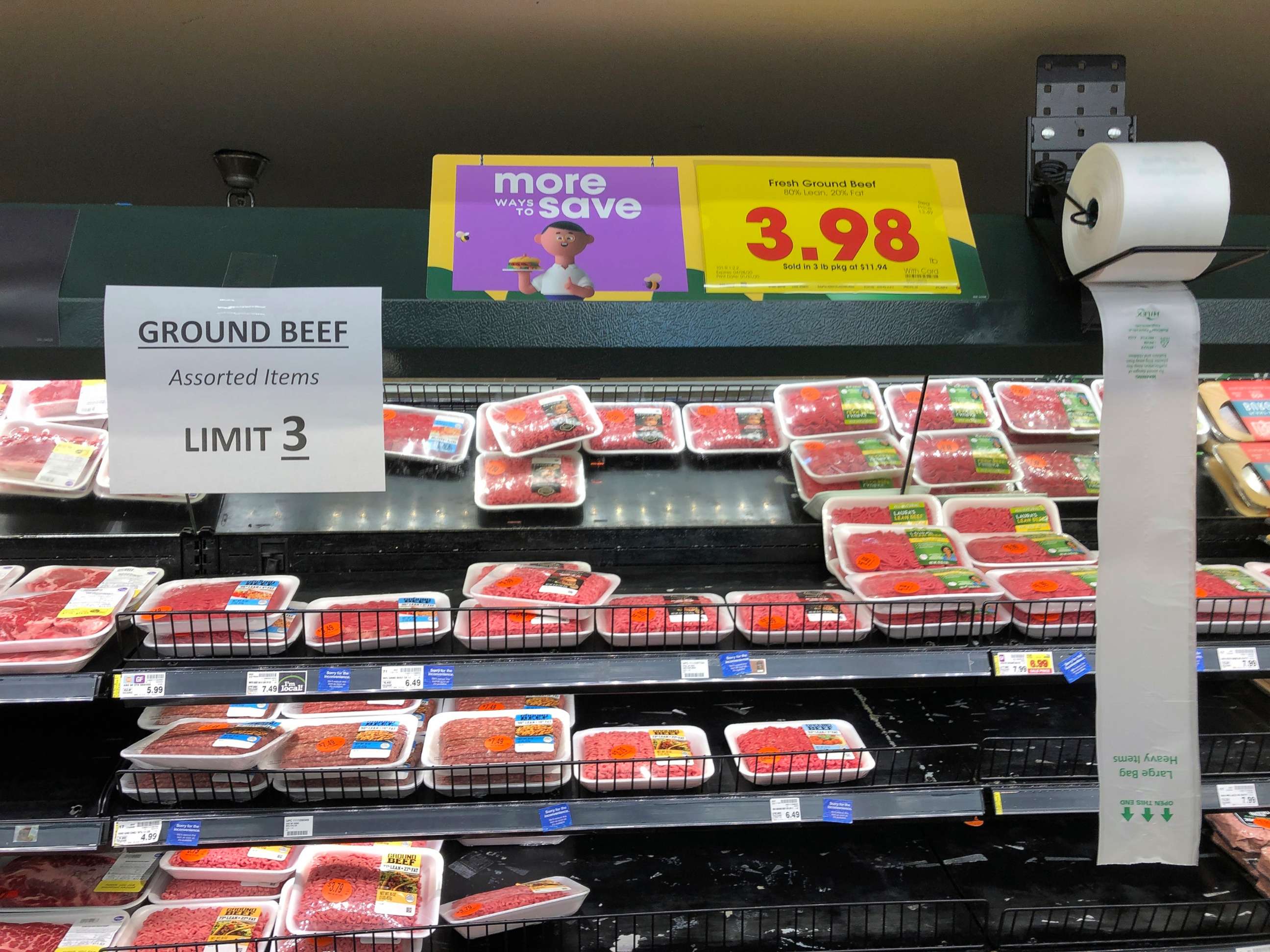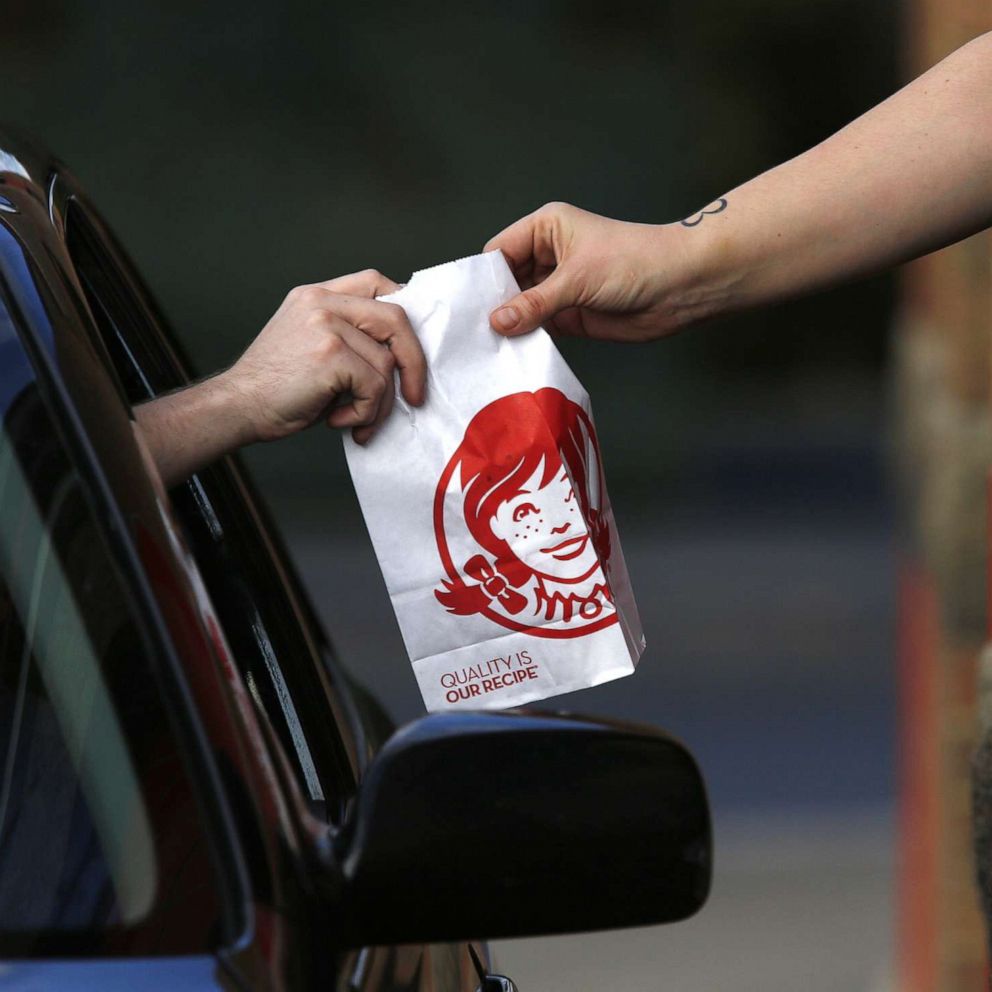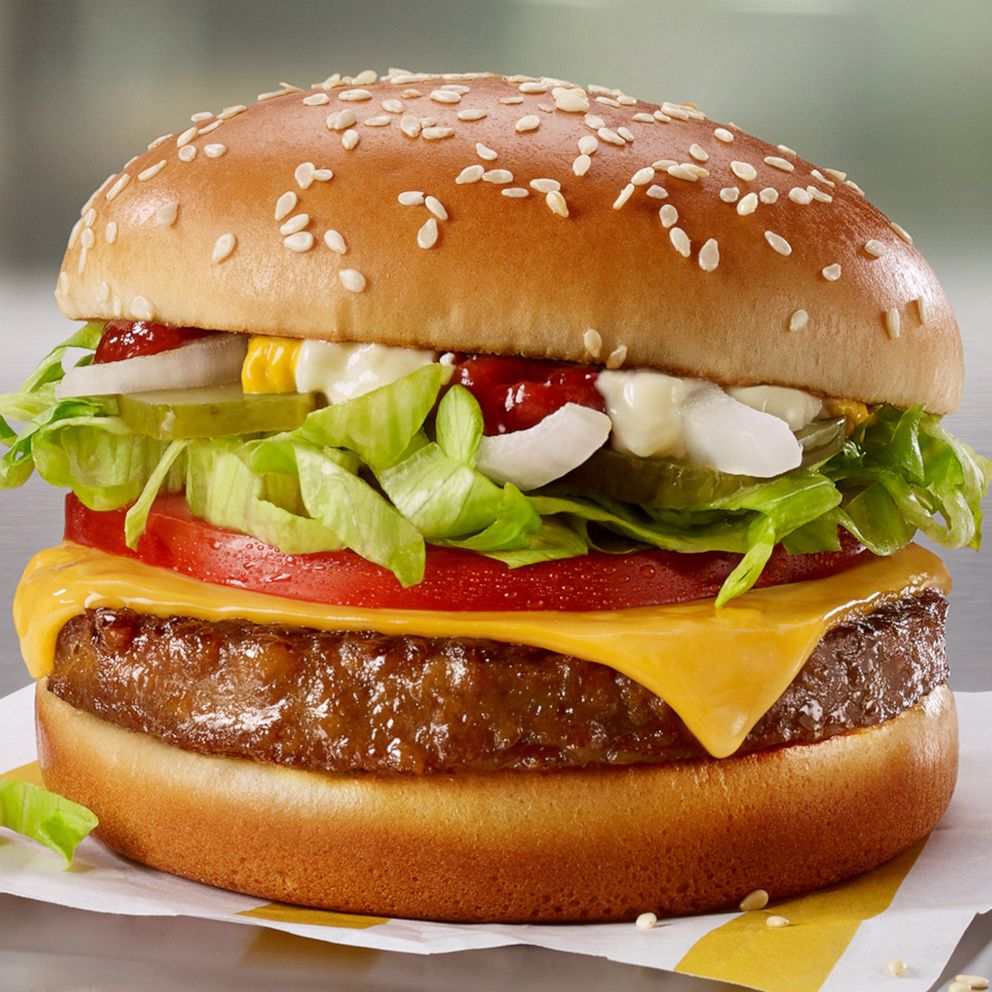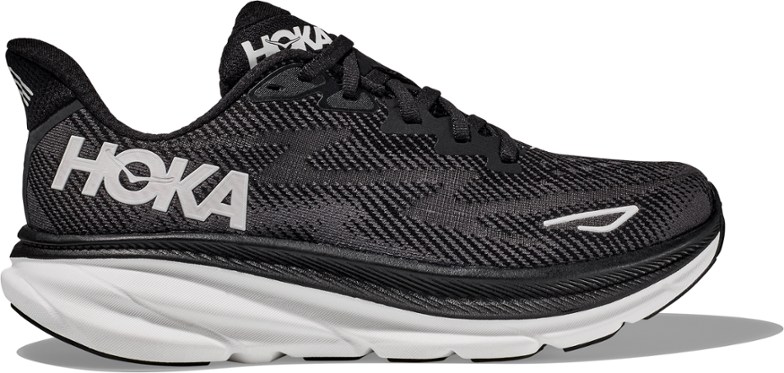Supermarkets add more plant-based products to meet demand amid possible meat shortages
As concerns grow over a beef and pork shortage in the U.S. due to the coronavirus pandemic, innovative plant-based products could be well positioned to capture market share.
In the wake of meatpacking plant closures across the country, fast-food chains, big-box retailers such as Costco and grocery stores like Kroger have started to limit the amount of meat products customers can purchase at one time. But as customers stroll down the meat aisle, they could soon see an influx of alternatives.

Nielsen reported that sales of fresh meat alternatives were up 224% for the week ending April 25, while fresh meat sales jumped 50% in the same period.
Impossible Foods announced on Tuesday it had sped up its expansion into both brick-and-mortar Kroger stores and online retail to meet the growing demand.
The privately held brand's flagship soy-based "burger," which made its retail debut last fall, will be available at over 1,700 stores Kroger-owned stores across 28 states.
"Impossible Foods has seen a dramatic increase in the demand for plant-based meat in the last two months," Jessica Appelgren, vice president of communications at Impossible Foods, told ABC News. "This is evidenced by record grocery store sales in April and an 18-fold increase in retail availability to date in 2020. We expect that to rise to a 50-fold increase by end of year."
"Plant-based food remains one of the fastest-growing categories at Kroger. We're excited to continue growing our selection, especially as more customers than ever are purchasing meat products made from plants," Kroger's senior vice president of merchandising, Joe Grieshaber, said in a statement.
The plant-based product that imitates ground beef in texture, mouthfeel and flavor skyrocketed to the No. 1 item sold on the East and West coasts after its initial launch, according to the brand, and outsold ground beef from cows at many grocery stores.

Its main competitor, Beyond Meat Inc., reported a 141% jump in first-quarter revenue and profit on Tuesday as demand for its meatless products also rose.
"[It] exceeded our expectations despite an increasingly challenging operating environment due to the COVID-19 health crisis," Beyond Meat Chief Executive Ethan Brown said in a statement on the results.
Kroger also saw a jump on Wall Street after the Impossible Foods announcement on Tuesday.
The brand also announced "Impossible: The Cookbook," which is available for pre-order, and will donate $3 of every sale to No Kid Hungry as part of it's "social good" programs.
Impossible Foods will also host its first-ever virtual cook-a-thon on May 14, hosted by Eric Wareheim and Chef Traci Des Jardins, to bring attention to No Kid Hungry's efforts and help raise funds for the group's COVID-19 response.

Last month the company partnered with a San Francisco-based tech startup Cheetah to sell its product in bulk to consumers through independent restaurants.
The direct-to-consumer ingredient sales were a result of the Food and Drug Administration's new guidelines that temporarily allow flexibility around food not originally intended for retail sale during the COVID-19 pandemic.
"Many restaurant partners have started selling Impossible Burger directly to consumers -- whether as an additional revenue stream for take-out orders, or as a means of reducing perishable inventory during temporary shut-downs," according to a company statement. "Inventory sales have become a critical revenue channel for restaurants as dine-in service wanes due to shelter-in-place orders and social distancing."








